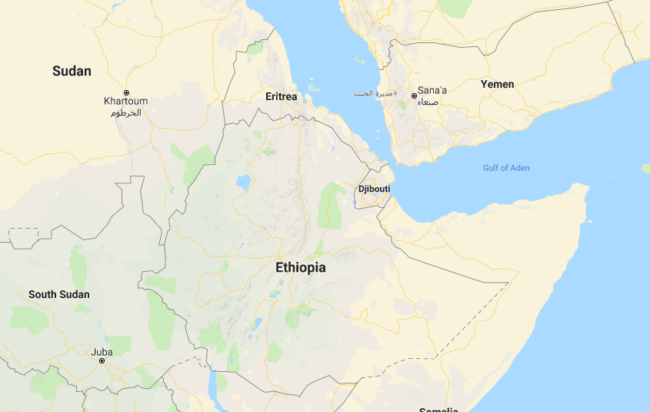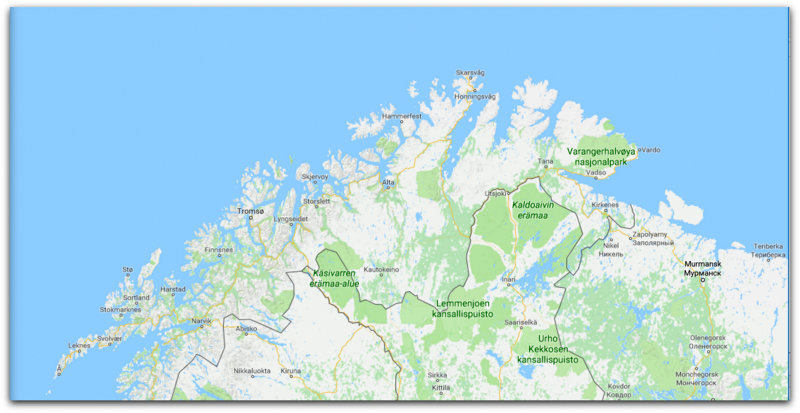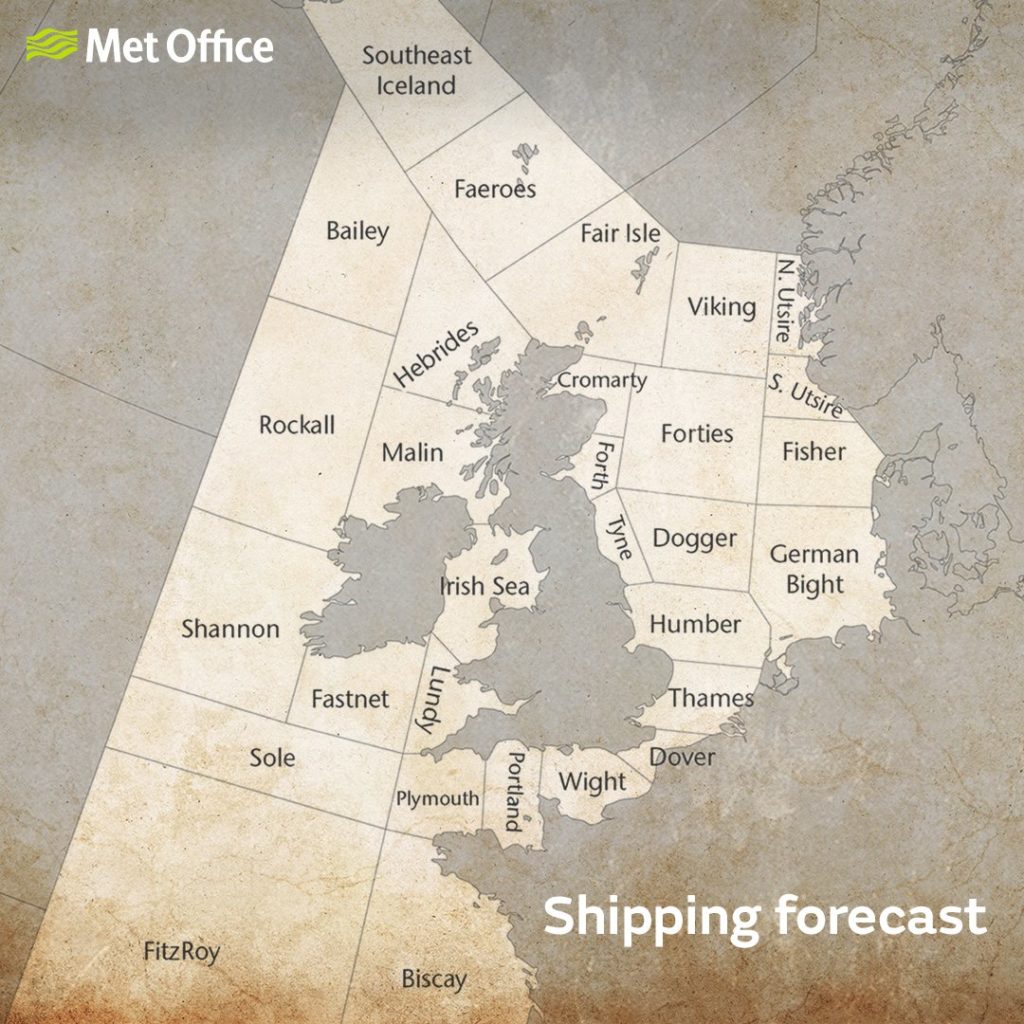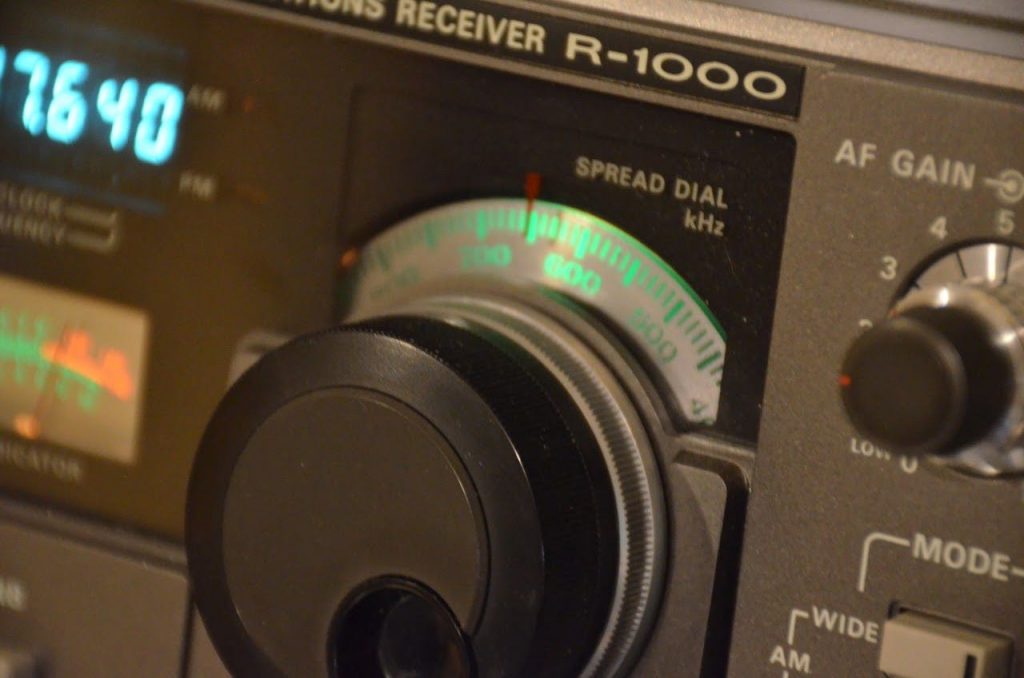(Source: BBC Media Centre via Mike Hansgen)
The BBC is launching new daily radio services which will be aired Monday to Friday in Amharic, Afaan Oromo and Tigrinya. The new language services have been available online since September 2017 when they launched websites and Facebook pages in all three languages.
The new radio services will provide impartial news, current affairs, features and analysis for Ethiopia and Eritrea, as well as regional and international news. There will be a strong focus on culture, health and original journalism from the region. These services are part of the largest investment in the BBC World Service since the 1940s and are funded by the UK government.
The programme will be broadcast on shortwave, satellite – and streamed directly onto each service’s Facebook page.
In addition content produced by BBC Learning English, part of the BBC World Service which teaches English to global audiences will feature prominently across the schedules for all three languages, with daily content as follows:
·
Essential English – Beginners (airs on Monday, repeated on Wednesday)
A functional five-minute audio course presented by an English speaker and a local presenter, which aims to help beginners to learn English. Learners will be introduced to essential chunks of functional language, which will allow them to start having simple conversations in English immediately.English Expressions – Intermediate (airs Tuesday, repeated on Thursday)
This five-minute audio course focusses on common expressions used in everyday English. An English speaking presenter and a local language presenter discuss the meaning and use a different expression each week.English Together Advanced (airs Friday only)
This is a bilingual five-minute audio with three presenters (2 English and one local language) discussing a current (safe i.e. non news) topic and examining the language used in the story allowing the user the practise their listening skills and equip them with the grammar and vocabulary needed to discuss the story.The programmes are broadcast Monday-Friday at the following times:
- 17:30 – 17.45: Amharic news
- 17.45 – 17:50: Amharic Learning English
- 17:50 – 18:05: Afaan Oromo News
- 18.05 – 18.10: Afaan Oromo Learning English
- 18:10 – 18:25: Tigrinya News
- 18:25 – 18:30: Tigrinya Learning English
Programmes will also be streamed via the respective BBC websites and Facebook pages (see links below).
Details of how to listen:
Notes to Editors
The Initial shortwave broadcast to go out at 17:30 GMT/ 20:30 EAT on three transmitters providing coverage across Ethiopia and Eritrea:
- 7.595MHz
- 11.720MHz
- 12.065MHz
Repeat to follow at 18:30 GMT /21:30 EAT
- 9.855MHz
- 15.490MHz
Satellite Radio content will go out on the following channels:
- Arabsat (BADR4) – 11.966GHz, Horizontal
- Nilesat 201 -11.843GHz, Horizontal
- Hotbird 13D – 12.597GHz, Vertical
Evening satellite broadcast to go out at 17:30 GMT and will be repeated until 21:30 GMT.
- The BBC World Service reaches a global audience of 269 million weekly, on radio, TV, and digital.
- BBC World Service received further funding of £291m until 2019/20 from the UK Government to launch twelve new language services: Afaan Oromo, Amharic, Gujarati, Igbo, Korean, Marathi, Pidgin, Punjabi, Serbian, Telugu, Tigrinya, and Yoruba. This additional funding is not part of the licence fee.
MF
Click here to view thisnews item at the BBC Media Centre website.






